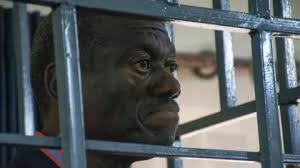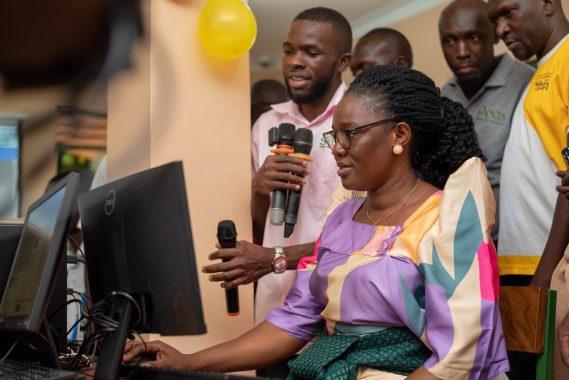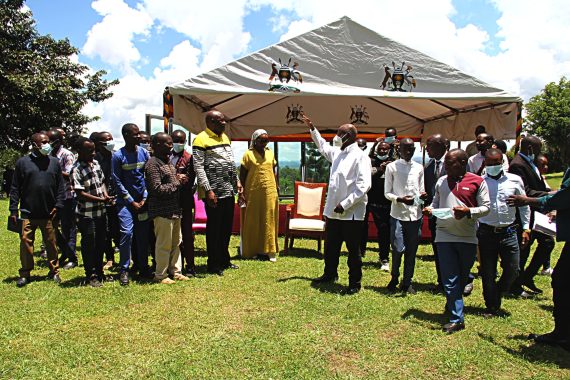Luzira Prison is once again at the center of political drama as Rtd. Col. Kizza Besigye has declared a hunger strike, protesting what he calls his illegal detention.
The former FDC leader insists that with the Supreme Court ruling banning military trials for civilians, there is no legal basis for keeping him behind bars.
Besigye’s legal team, led by Kenyan politician Martha Karua and Lord Mayor Erias Lukwago, has since stormed both the Chief Justice’s office and the High Court, demanding his release. According to them, the Supreme Court’s ruling on January 30 was clear that all civilians facing military courts must be transferred to ordinary courts.
However, Besigye and his co-accused, Haji Obeid Lutale, remain locked up.
“The ruling was supposed to bring justice, but it remains just words. We want immediate action,” Lukwago stated after delivering a petition to the courts.
Besigye’s wife, Winnie Byanyima, has also joined the legal battle, filing a petition against Attorney General Kiryowa Kiwanuka and the Director of Prisons, demanding her husband’s immediate release. She argues that keeping him and Lutale in prison under criminal charges violates their fundamental rights.
Besigye and Lutale were scheduled to appear before a military court on February 3, 2025, facing charges of illegal possession of firearms and holding “subversive meetings” in Kenya, Geneva and Switzerland allegedly meant to mock the Ugandan government. However, following the Supreme Court ruling, their military trial was scrapped, leaving their legal fate in limbo.
On Tuesday, during plenary sitting, the a debate ensued as opposition MPs criticized the Attorney General, Kiryowa Kiwanuka, over his legal advice regarding the implementation of the recent Supreme Court ruling that dismantled the jurisdiction of the General Court Martial (GCM) over civilian cases.
The MPs questioned the continued detention of inmates on what they described as “expired warrants” and the decision to involve the Directorate of Public Prosecutions (DPP) in transitioning cases from the military court system.
Medard Sseggona (Busiro East) led the charge, arguing that the Supreme Court’s judgment had invalidated all warrants issued by the now-defunct orders of the GCM.
“A person can only be held in prison on a valid warrant. The Supreme Court dismantled the orders of the General Court Martial, which means the warrants upon which these people were arrested have expired,” Sseggona said.
In a detailed advisory issued by Attorney General Kiryowa Kiwanuka stated that he had urged military court in collaboration with the Uganda Prisons Authority to submit lists of pending cases for onward transmission to civilian courts. This applies to cases involving both civilians and military personnel. The Directorate of Public Prosecutions (DPP) had been tasked with supervising the transfer of cases and ensuring they are prosecuted in the appropriate courts.
And the Uganda Prisons Authority was cautioned to halt all processing of suspects currently facing trial under the GCM until civilian courts are ready to take over.
Attorney General Kiwanuka emphasized the need for legislative changes to resolve ambiguities in the jurisdiction of military courts.
“The Ministry of Defence must prioritize amendments to the UPDF Act to comply with the Supreme Court’s directives and address longstanding criticisms of the military court system,” he noted.














